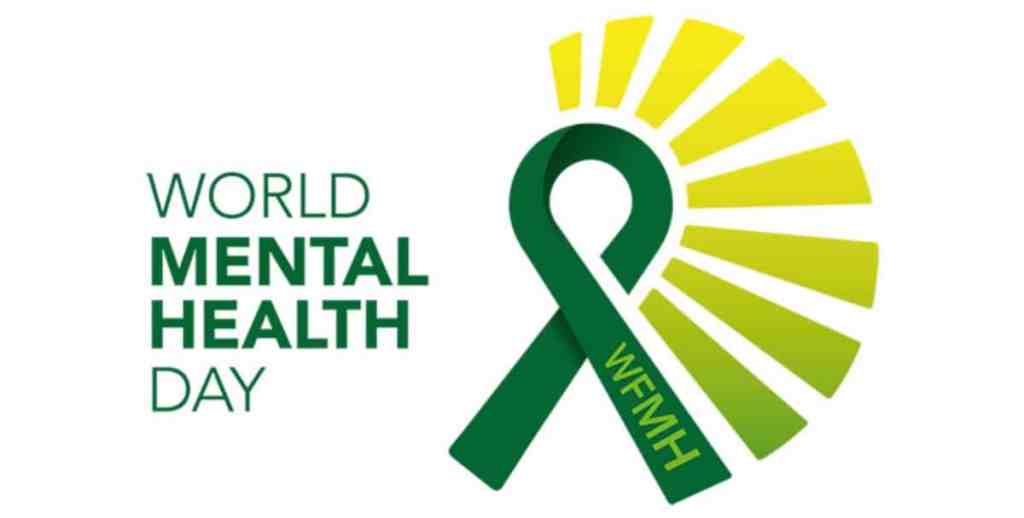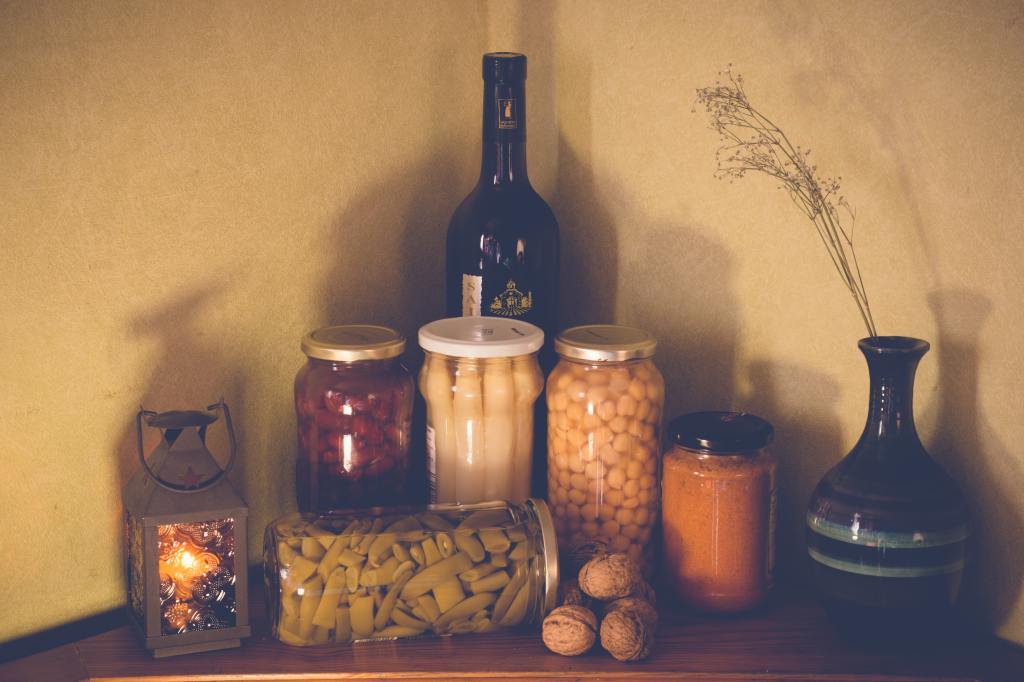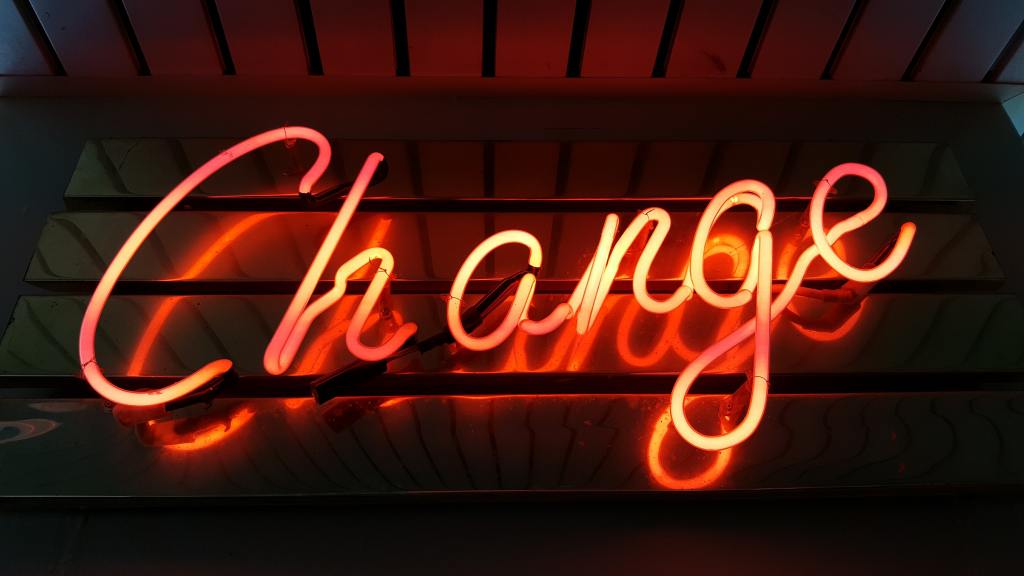
This year has been shit. Let’s get that out there from the start; after all, it’s not a secret we’re trying to hide. 2020 has been shit. Many of us have struggled through the lockdown months, fighting to keep our mental health in check while unable to spend time with friends and family. This year, more than any other, World Mental Health Day seems more vital than ever.
That’s why we’ve put together this little post. Featuring one piece of flash fiction and a poem (both of which submitted to us for the purposes of sharing mental health struggles), as well as highlighting one amazing support network and non-fiction book which support those with depression, anxiety, and other similar issues, this post is here to support you in these tricky times.
We’re here to tell you that you’re not alone.
We’re here to tell you that your feelings matter.
We’re here to tell you that things will get better.
Punctuation
I’ve got a little list. No, I’m not about to start quoting Gilbert and Sullivan. It’s of the things I know I need to write. Some are on the list because they are painful topics that will take a while to process. Some are on the list because they are “big” statements that I’d like to make – for example, about males and suicide or about shame and how it impacts upon men. At the end of the little list are things that I’d like to write about but are, for the time being anyway, difficult for me to articulate. And one of them was about what I could only think of as “the continuum”.
I was trying to put an idea into words – an idea I hadn’t ever expressed to myself before. I’d been looking back at past diary entries, and I’d been thinking about the times in my life where, shall we say, things “veered off course”. It might look it, but life really doesn’t all exist on one continuum. There are tangents and false dawns and odd dead ends…and really quite serious dead ends. In my case, I’ve encountered what I’m going to euphemistically call “really quite serious dead ends” a few times now. The first time was in 1991 and, before the events of the last decade, I had almost got to the point where I didn’t even think about it. I didn’t remember how things reached a strange impasse, how everything so very nearly came to a complete halt, in fact, and then – after the “pause” was “dealt with” – things resumed, even if not quite as they had been before.
I need to be blunt here, so I don’t get too lost in my euphemisms. I mean a suicide attempt. When the dust has settled, there is a temptation to look back at the “continuum” of your existence and overlook the bump in the road or potential dead end.
That’s why I found Project Semicolon (http://www.projectsemicolon.com/) such an interesting idea – that the narrative of a life very nearly came to an end, before then continuing. It’s a powerful and affecting notion and it’s something I was definitely thinking about myself when pondering my own “continuum” before finding their site.
Whether it’s a good idea to mark yourself permanently with a semi-colon tattoo, as some have suggested, to indicate that such a thing has happened to you is, obviously, up to the individual. Personally, I don’t agree with any “marking” of people to indicate mental health issues (whether that’s tattoos or wristbands or badges). But it is probably worthwhile to pause over the semi-colons in our lives and realise their power in tying different parts of our existence together. The power just in their very existence – that your story could continue even through this.
Me, I always was a great fan of punctuation. So, it’s good to know that with my own little list, I already have the perfect punctuation for it.
Project Semicolon

As mentioned in the story above, Project Semicolon is a wonderful resource and community for those who’ve experienced suicidal thoughts and are suicide survivors. As they state: ‘A semicolon is used when an author could’ve chosen to end their sentence, but chose not to.’ It’s a powerful notion, the specific celebration of life after it may have ended prematurely. Supporters of Project Semicolon can often be found sporting a semicolon tattoo (left).
This Year
This year was supposed to be the year
That I move in with my girlfriend
So we can get the hell out of here.
This year was supposed to be the year
That I learnt to stop crying
But I can’t stop the rolling tear
This year was supposed to be the year
I understood my class
But now I just understand fear.
These last few months were supposed to be
Insightful and exciting.
It was supposed to be good for me.
These last few months were meant to be normality.
Mundane and commonplace.
It was supposed to let me see
That the sunset won’t trap me in darkness.
Reasons To Stay Alive

At the age of 24, Matt Haig’s world had caved in and he had given up on life. Years alter, Matt is a best-selling author and vocal advocate of mental health issues. Reasons To Alive Alive is biographical; it journeys Matt’s experiences from that moment, from the darkest of dark places, through his recovery and his ongoing relationship with depression and anxiety. It is painfully honest, moving, funny, and joyous, and is a must read for anyone who has ever struggled with their mental health.
About the Writer

Greg is Managing Director and a Co-Founder of Bandit Fiction. He has BA and MA degrees in Creative Writing from the University of Sunderland and Newcastle University respectively, and is currently working towards a PhD in Creative Writing. He writes, mostly magical realism, and has been published by Fairlight Books. He offers editing and writing mentorship services through his website www.gregforrester.co.uk















Leave a Reply